New Microsoft Copilot updates target individual users, small businesses with ‘Pro’ subscription tier and cheaper pricing
Microsoft Copilot Pro will be available for individual users while the expansion of Copilot for Microsoft 365 will reduce price ranges for smaller enterprises

Rory Bathgate
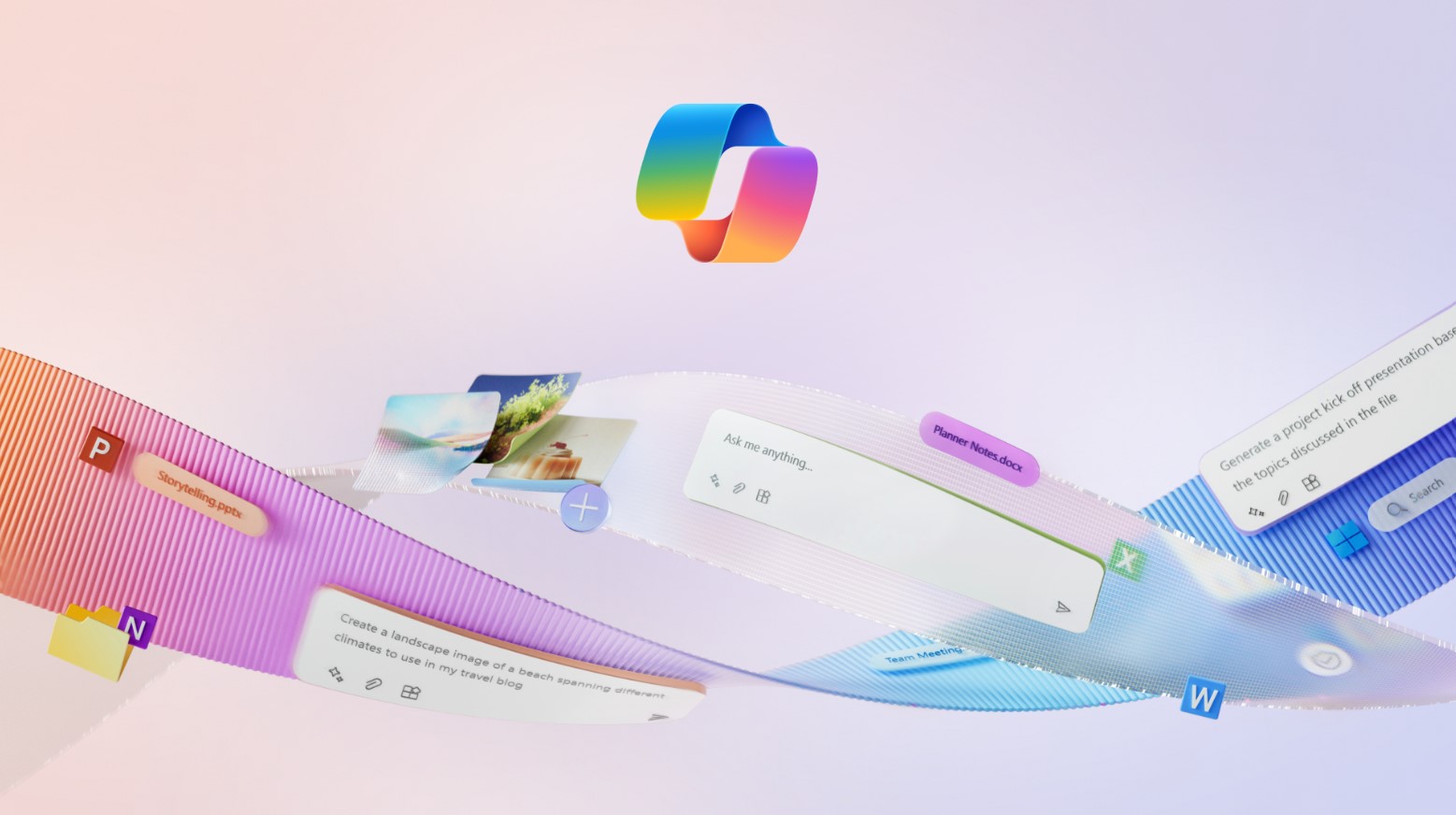
Microsoft Copilot has received a raft of new updates as the tech giant looks to expand its user base among small businesses and individual users.
The announcement includes the launch of a new subscription tier for Microsoft 365 Copilot, which is now generally available for customers on the Microsoft 365 Business Premium and Business Standard subscription tiers.
This new plan is priced at $30 per user, per month, and will see the tech giant scrap minimum seat purchasing rules.
Copilot for Microsoft 365 initially launched last year, but was targeted mainly at larger enterprises with a 300-seat minimum. The company said it plans to scrap this limitation and allow customers to purchase between one and 299 seats.
Jared Spataro, corporate vice president for modern work & business applications at Microsoft, outlined the changes in a blog post yesterday, revealing that the company will also allow customers to use Copilot in Office 365 E3 or E5.
Spataro revealed the changes will specifically cater to small businesses as Microsoft looks to broaden its user base beyond large enterprises.
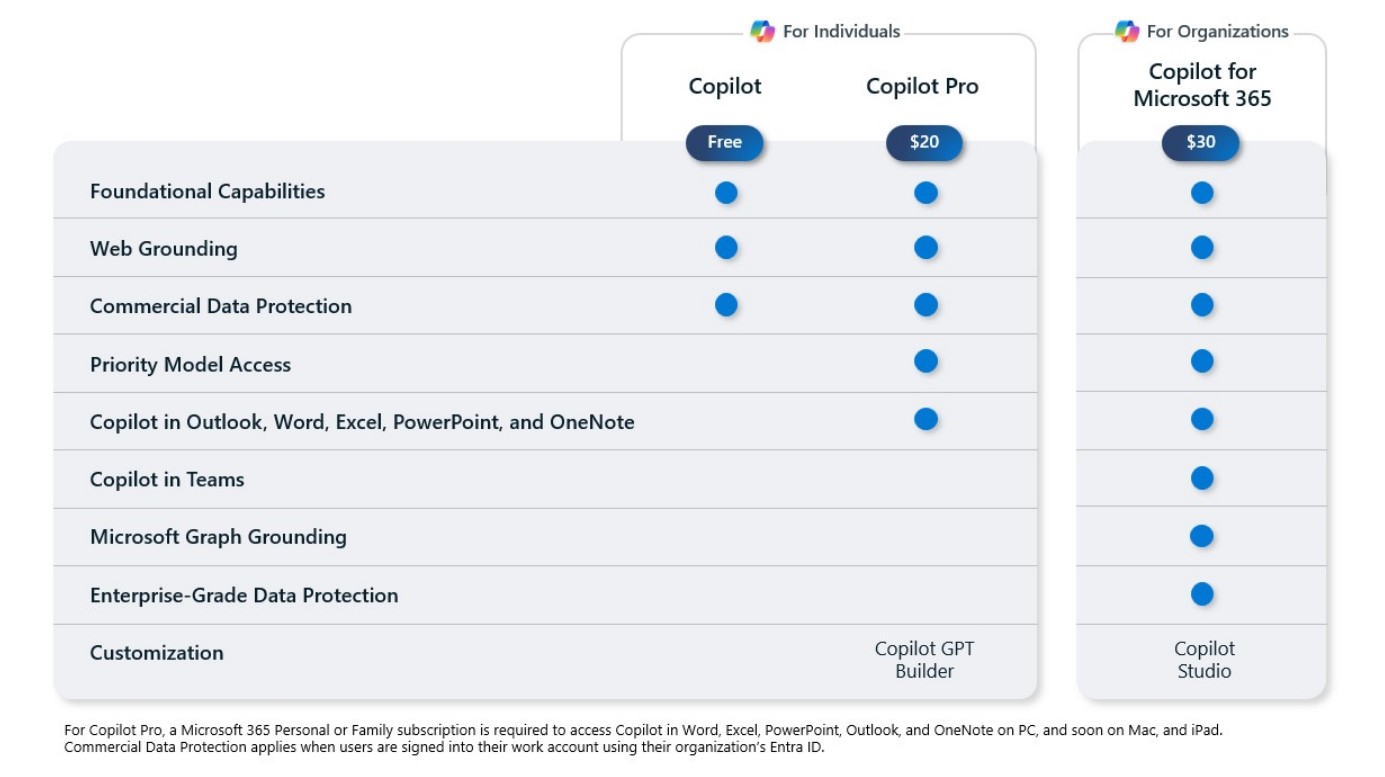
Microsoft Copilot subscription prices are changing
“Small and medium-sized businesses are the heart of every community and the lifeblood of local economies,” he said. “They have an outsized impact on the world and markets they support — in the United States, this category accounts for 99.9% of business and employs nearly half of the workforce.”
Sign up today and you will receive a free copy of our Future Focus 2025 report - the leading guidance on AI, cybersecurity and other IT challenges as per 700+ senior executives
“These businesses stand to gain the most from this era of generative AI—and Copilot is uniquely suited to meet their needs.”
The move from Microsoft comes just one month after it announced general availability of Copilot for Microsoft 365 for education customers. The firm said it plans further expansions to also include a no-seat minimum tier.
Microsoft Copilot Pro broadens horizons for individual users
In addition to its 365 announcements, Microsoft also confirmed the release of a new Copilot Pro subscription tier aimed at individual users.
The new subscription tier, which costs $20 per user, per month, brings AI-powered features to popular Office apps such as Word, Outlook, PowerPoint, and Excel, alongside a raft of additional tools for users.
Users can prompt Copilot to rephrase paragraphs, generate text, or summarize documents in Word, for example, as well as the ability to generate PowerPoint slide decks from scratch using the AI tool.
Yusuf Mehdi, executive vice president and consumer chief marketing officer at the tech giant said the new Pro tier is aimed at “individuals looking to supercharge their Copilot experience”.
“Whether you need advanced help with writing, coding, designing, researching or learning, Copilot Pro brings greater performance, productivity and creativity.
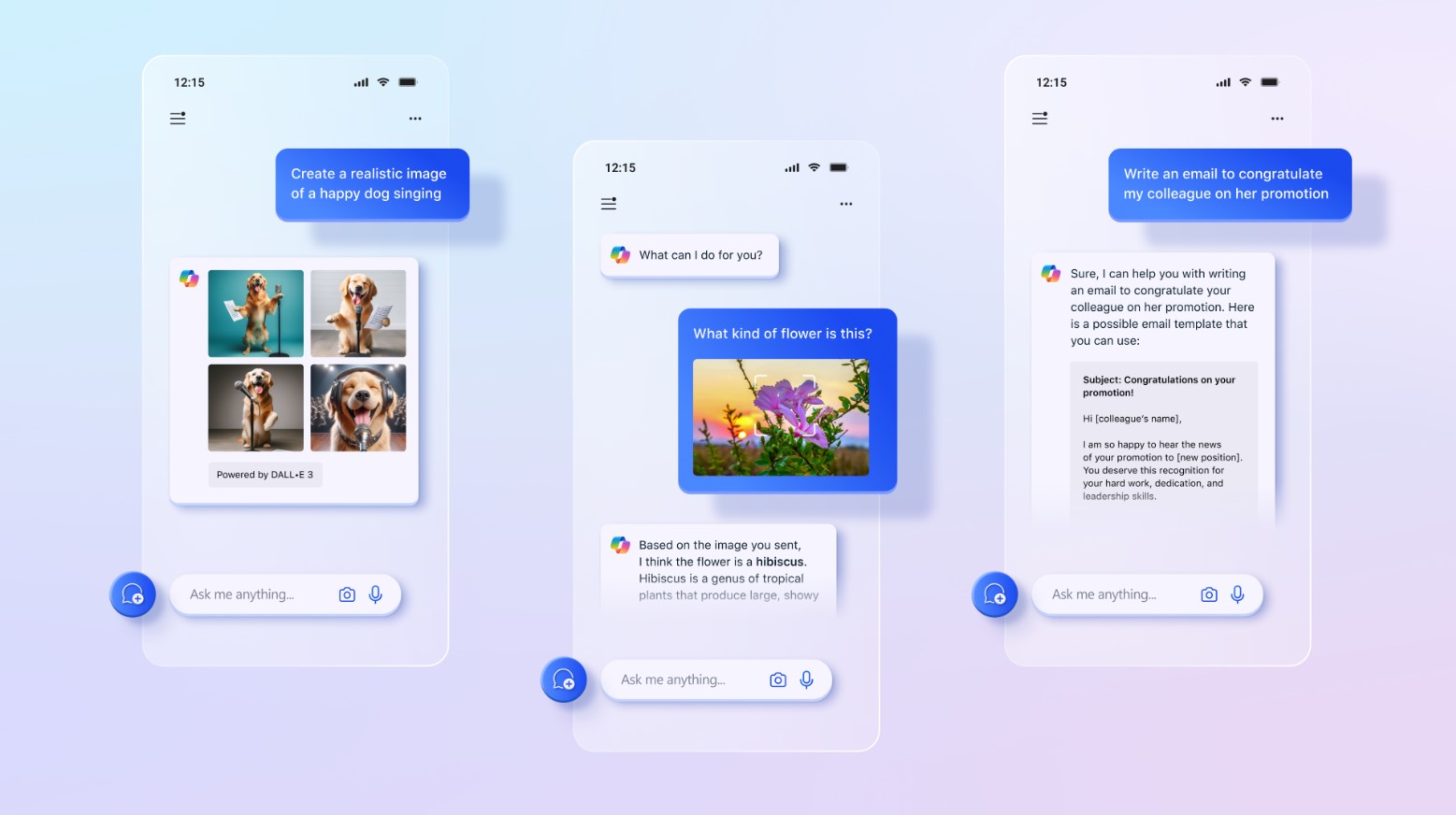
The Microsoft Copilot 'Pro' tier will include image generation updates
Microsoft said Copilot Pro will provide “priority access” to the latest large language models, starting with OpenAI’s GPT-4 Turbo model.
This means users will be able to access GPT-4 Turbo during peak times, offering faster performance and greater reliability. A future update will also give users the ability to toggle between models, Microsoft said.
Enhanced AI image creation capabilities will also be rolled out with Image Creator from Designer (formerly Bing Image Creator).
A key feature of the new Pro tier highlighted by Microsoft includes the ability for users to create their own custom ‘Copilot GPTs’.
The Copilot GPT Builder feature launched last year, but was targeted initially at business users. The expansion of Copilot GPTs will now enable individual users to “customize the behavior of Microsoft Copilot” on a topic that is specifically catered to that user’s interests.
“A handful of Copilot GPTs will start to roll out beginning today with specific purposes such as fitness, travel, cooking and more,” Mehdi said. “Soon, Copilot Pro users will also be able to create their own Copilot GPTs using Copilot GPT Builder.
Microsoft strengthens its Copilot selling points

Now that the business case for Copilot has been established at the large enterprise level, it makes sense for Microsoft to bring Copilot to businesses with fewer than 300 employees. Many small businesses have the most to gain from AI summarization or text generation, with the productivity gains of generative AI enabling their limited employees to tackle workloads typically reserved for much larger teams.
It’s arguably with small businesses and startups that generative AI assistants such as Copilot will really prove their worth. These firms face the daunting task of bringing products to market in short time frames, with existential stakes, or suffer from shortages in key areas.
Microsoft will be watching closely for the first small business Copilot success stories and championing them widely – ‘we can help your 150-seat team compete with larger competitors’ is a very strong selling point.
RELATED RESOURCE
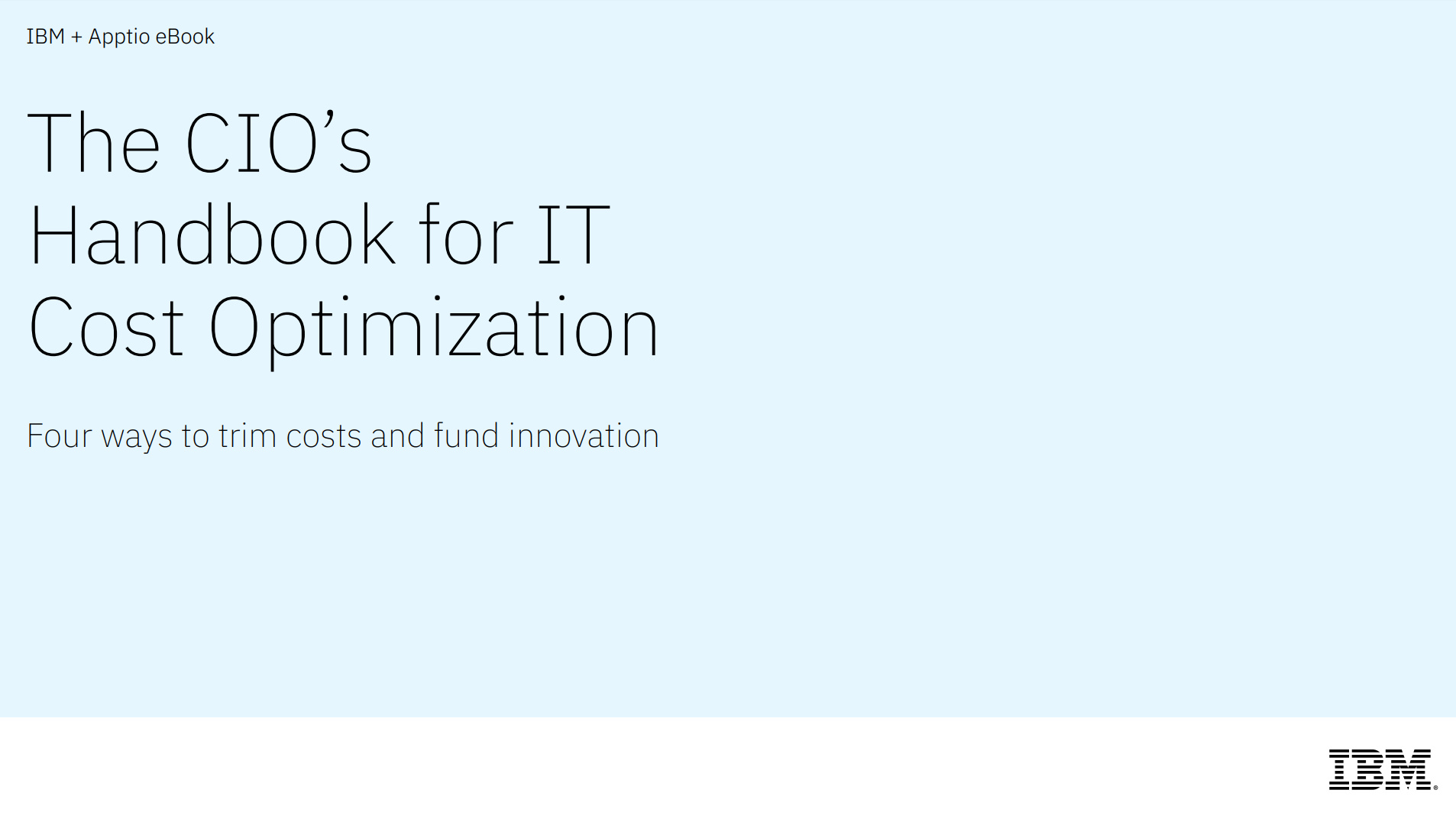
Discover how you can trim IT costs and fund innovation
Copilot Pro also follows this trajectory as it extends Copilot access to individuals seeking the efficiency and insight gains of Microsoft’s flagship AI offering across their productivity apps. It’s part of the same brand consolidation that saw Copilot brought to Windows 11 and the addition of a Copilot shortcut on laptop keyboards.
It’s notable that with Copilot Pro’s GPT-4 Turbo, users are essentially given the same experience as ChatGPT Plus at the same price point while being neatly packaged within the Microsoft suite. It’s clear that although Microsoft has spent the last year putting OpenAI front and center in its AI messaging, it is now moving to make its Copilot branding and subscription tiers an attractive proposition in its own right.
While this doesn't imply a specific shift in the relationship between Microsoft and OpenAI – the former has a non-voting seat on OpenAI’s board and is OpenAI’s sole compute partner – there is something to be said for the degree of disconnect that the move affords Microsoft.
Should we see a repeat of November 2023’s OpenAI chaos, in which the surprise firing of CEO Sam Altman raised existential fears for the firm, Microsoft’s emphasis on ‘Copilot’ as a product rather than GPT-4 or OpenAI APIs could help it transition to replacement models more smoothly.

Ross Kelly is ITPro's News & Analysis Editor, responsible for leading the brand's news output and in-depth reporting on the latest stories from across the business technology landscape. Ross was previously a Staff Writer, during which time he developed a keen interest in cyber security, business leadership, and emerging technologies.
He graduated from Edinburgh Napier University in 2016 with a BA (Hons) in Journalism, and joined ITPro in 2022 after four years working in technology conference research.
For news pitches, you can contact Ross at ross.kelly@futurenet.com, or on Twitter and LinkedIn.
- Rory BathgateFeatures and Multimedia Editor
-
 What is Microsoft Maia?
What is Microsoft Maia?Explainer Microsoft's in-house chip is planned to a core aspect of Microsoft Copilot and future Azure AI offerings
-
 If Satya Nadella wants us to take AI seriously, let’s forget about mass adoption and start with a return on investment for those already using it
If Satya Nadella wants us to take AI seriously, let’s forget about mass adoption and start with a return on investment for those already using itOpinion If Satya Nadella wants us to take AI seriously, let's start with ROI for businesses
-
 If Satya Nadella wants us to take AI seriously, let’s forget about mass adoption and start with a return on investment for those already using it
If Satya Nadella wants us to take AI seriously, let’s forget about mass adoption and start with a return on investment for those already using itOpinion If Satya Nadella wants us to take AI seriously, let's start with ROI for businesses
-
 Satya Nadella says a 'telltale sign' of an AI bubble is if it only benefits tech companies – but the technology is now having a huge impact in a range of industries
Satya Nadella says a 'telltale sign' of an AI bubble is if it only benefits tech companies – but the technology is now having a huge impact in a range of industriesNews Microsoft CEO Satya Nadella appears confident that the AI market isn’t in the midst of a bubble, but warned widespread adoption outside of the technology industry will be key to calming concerns.
-
 DeepSeek rocked Silicon Valley in January 2025 – one year on it looks set to shake things up again with a powerful new model release
DeepSeek rocked Silicon Valley in January 2025 – one year on it looks set to shake things up again with a powerful new model releaseAnalysis The Chinese AI company sent Silicon Valley into meltdown last year and it could rock the boat again with an upcoming model
-
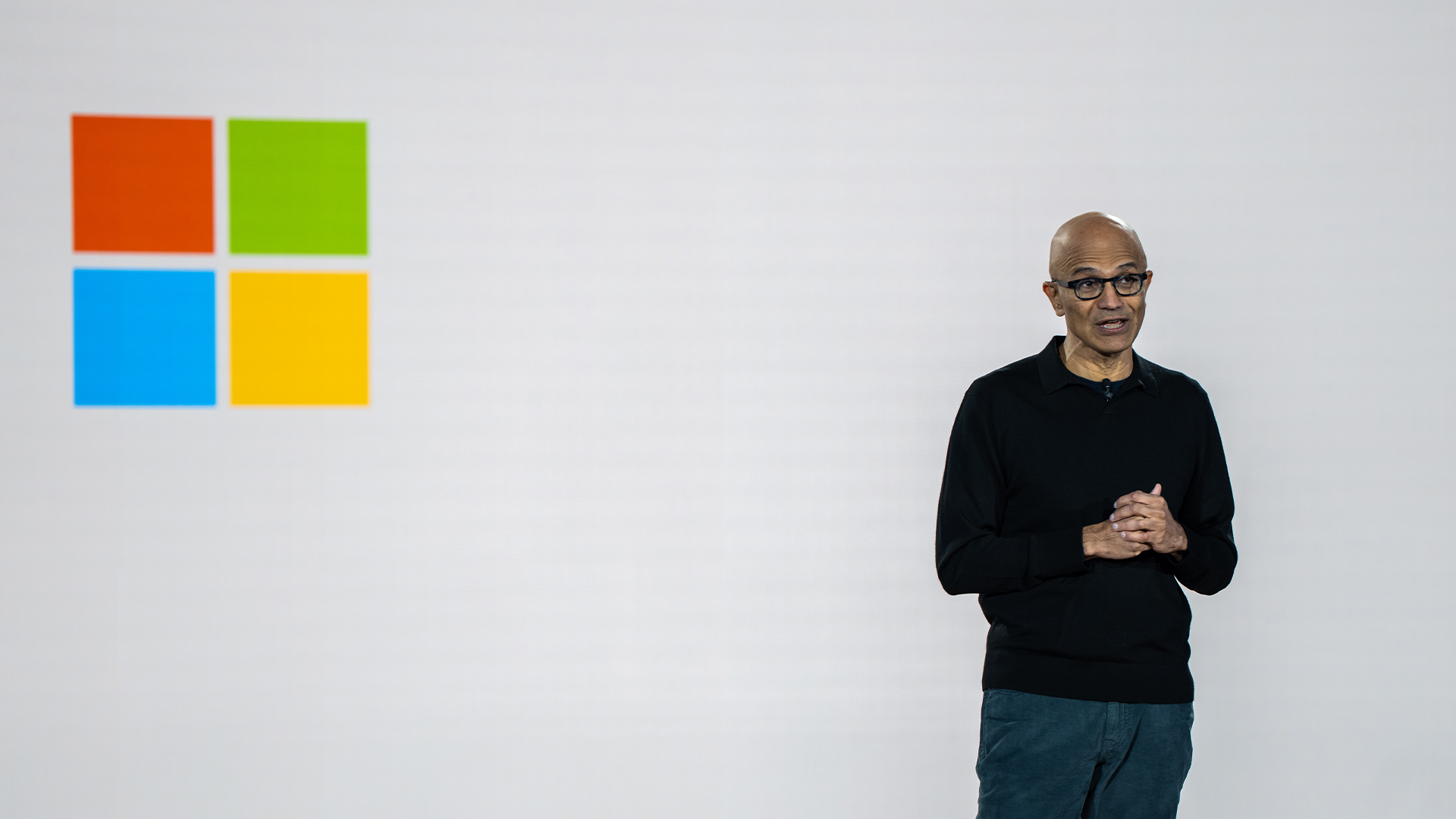 Microsoft CEO Satya Nadella wants an end to the term ‘AI slop’ and says 2026 will be a ‘pivotal year’ for the technology – but enterprises still need to iron out key lingering issues
Microsoft CEO Satya Nadella wants an end to the term ‘AI slop’ and says 2026 will be a ‘pivotal year’ for the technology – but enterprises still need to iron out key lingering issuesNews Microsoft CEO Satya Nadella might want the term "AI slop" shelved in 2026, but businesses will still be dealing with increasing output problems and poor returns.
-
 OpenAI says prompt injection attacks are a serious threat for AI browsers – and it’s a problem that’s ‘unlikely to ever be fully solved'
OpenAI says prompt injection attacks are a serious threat for AI browsers – and it’s a problem that’s ‘unlikely to ever be fully solved'News OpenAI details efforts to protect ChatGPT Atlas against prompt injection attacks
-
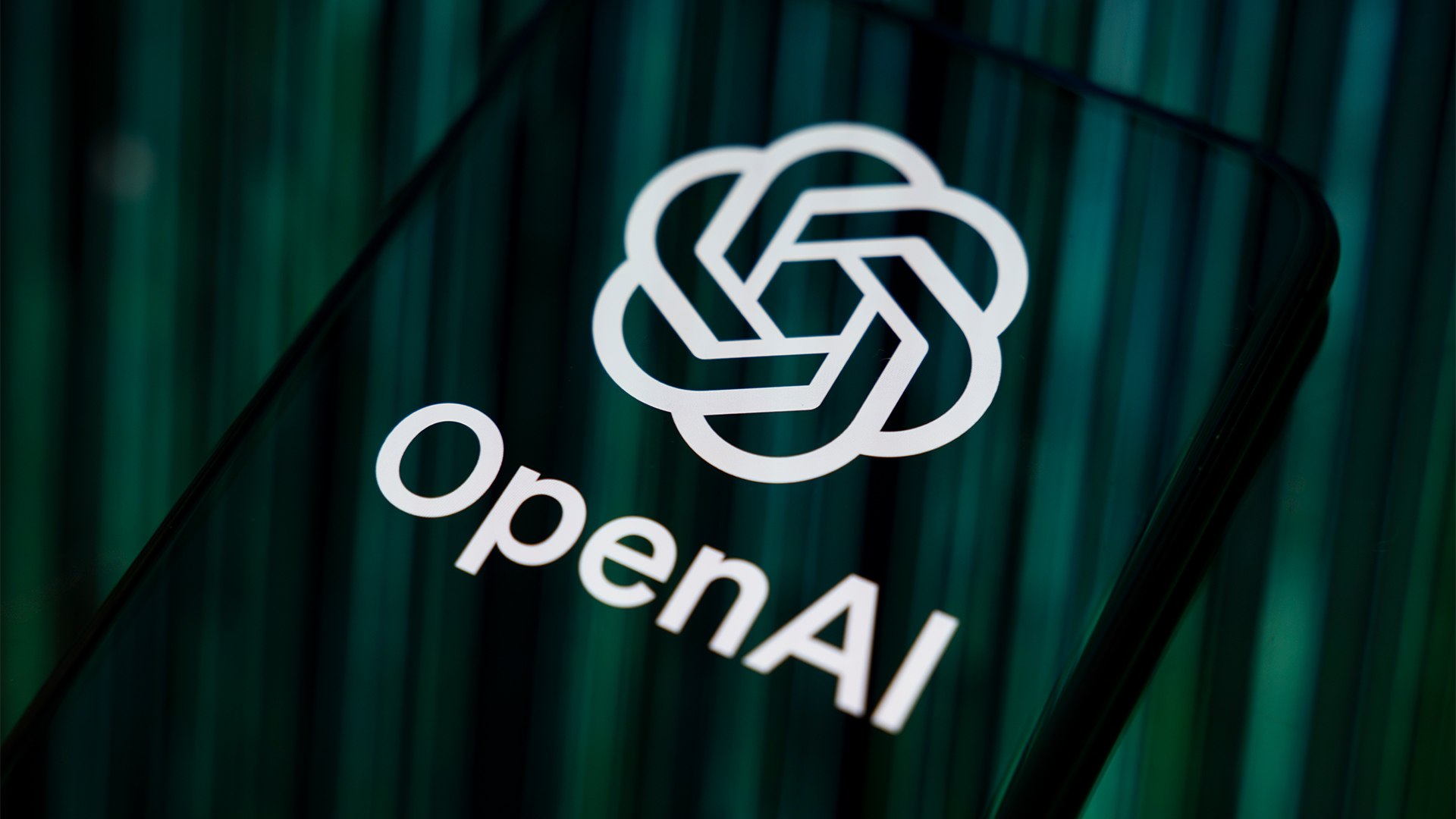 OpenAI says GPT-5.2-Codex is its ‘most advanced agentic coding model yet’ – here’s what developers and cyber teams can expect
OpenAI says GPT-5.2-Codex is its ‘most advanced agentic coding model yet’ – here’s what developers and cyber teams can expectNews GPT-5.2 Codex is available immediately for paid ChatGPT users and API access will be rolled out in “coming weeks”
-
 OpenAI turns to red teamers to prevent malicious ChatGPT use as company warns future models could pose 'high' security risk
OpenAI turns to red teamers to prevent malicious ChatGPT use as company warns future models could pose 'high' security riskNews The ChatGPT maker wants to keep defenders ahead of attackers when it comes to AI security tools
-
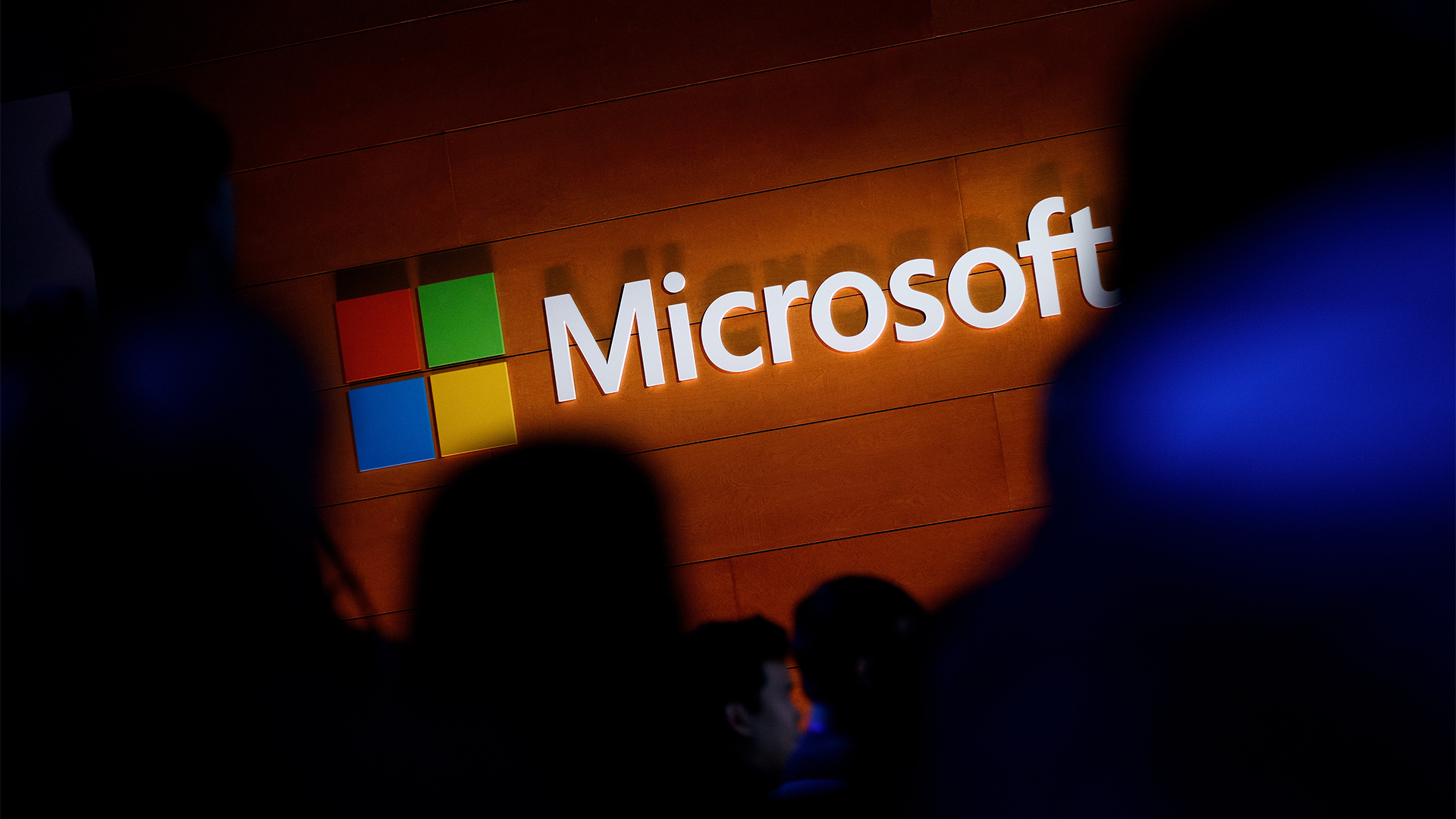 Microsoft quietly launches Fara-7B, a new 'agentic' small language model that lives on your PC — and it’s more powerful than GPT-4o
Microsoft quietly launches Fara-7B, a new 'agentic' small language model that lives on your PC — and it’s more powerful than GPT-4oNews The new Fara-7B model is designed to takeover your mouse and keyboard